
On the afternoon of November 3, continuing the program of the 10th session , National Assembly deputies discussed in groups the draft Law on amending and supplementing a number of articles of the Law on Statistics; the draft Law on amending and supplementing a number of articles of the Law on Prices; and the draft Law on E-commerce.
Discussing at the Hanoi group on the draft Law on E-commerce (amended), delegate Nguyen Thi Lan highly appreciated the spirit of innovation and the careful preparation of the drafting agency; the draft correctly reflected the rapid development trend of e-commerce domestically and internationally.
Specifically, the draft expands the scope of regulation to social networks and livestream sales activities, clearly defining the responsibilities of the entities; adding management mechanisms for foreign organizations and individuals, aiming towards a transparent, safe and modern e-commerce environment.

Delegate Nguyen Thi Lan said that Article 7 of the draft has stated quite fully the contents of state management of e-commerce, but only stops at the level of listing tasks without clarifying the principles of coordination and linkage mechanisms between agencies.
“E-commerce is an interdisciplinary field, related to tax, customs, finance, cyber security, and personal data protection. Without a coordination mechanism, each agency will have to implement it separately, leading to overlap and difficulty in controlling transactions, especially cross-border transactions,” said delegate Nguyen Thi Lan.
Therefore, delegates proposed to add principles-based regulations on establishing a mechanism for connecting and sharing data between the Ministry of Industry and Trade and relevant ministries and branches, ensuring safety, synchronization, and consistency in management. Detailed regulations can be specified in a decree, but the law needs to clearly state the principles as a legal basis.
Commenting on Articles 15 and 19, delegate Nguyen Thi Lan suggested more clearly defining the responsibilities of platform owners in authenticating sellers’ identities using electronic identification, building a complaint mechanism and automatically refunding consumers when transactions are canceled or fraudulent. “This is a feasible solution, in line with international practices, helping to ensure transparency, strengthen trust and reputation of Vietnamese e-commerce,” the delegate emphasized.
Referring to Article 39 on support policies, delegate Nguyen Thi Lan said that the current regulations are only at the orientation level, without clearly stating the implementation mechanism and criteria for evaluating effectiveness. Therefore, it is recommended to add separate policies for e-commerce in agriculture, clean food and local products, such as support for traceability stamps, cold storage, sustainable packaging, and digital skills training for cooperatives and farmers.
Delegate Nguyen Thi Lan cited experiences from China, Thailand, and South Korea - where the State plays the role of infrastructure creator, businesses lead operations, and people directly participate - and proposed that Vietnam apply a similar mechanism, aiming to develop "digital countryside".
Regarding the draft Law on Prices (amended), delegate Tran Thi Nhi Ha (Hanoi Delegation) said that the drafting agency needs to review the content of decentralization and the mechanism for declaring drug prices to ensure feasibility and suitability with management practices. According to the delegate, some contents in the draft on regulations on medical service prices and testing need to be reviewed to ensure consistency with specialized laws, especially the Law on Medical Examination and Treatment and the Law on Pharmacy.
According to the draft, the pricing authority is decentralized to the Ministry of Health, the Ministry of Public Security, the Ministry of National Defense and the People's Committees of localities. Specifically, the Ministry of Health sets prices or decentralizes pricing for facilities under the Ministry's system; the Ministry of Public Security and the Ministry of National Defense set separate prices for affiliated medical units; and the People's Committees of provinces set prices for medical services in the area.

However, the delegate said that this decentralization is not really consistent with current regulations. The delegate suggested that the drafting agency review the compatibility between the Law on Prices and specialized laws, in order to avoid overlap and ensure consistency in the management of medical service prices.
Regarding drug price declaration, delegate Tran Thi Nhi Ha also pointed out the fact that in Hanoi there are more than 12,000 drug retail establishments, each of which sells thousands of items on average with constantly fluctuating prices. Requiring these units to declare retail prices while the information technology infrastructure is not yet available will greatly increase the workload of local authorities.
Source: https://hanoimoi.vn/xay-dung-co-che-hoan-tien-tu-dong-khi-co-gian-lan-trong-giao-dich-thuong-mai-dien-tu-721985.html


![[Photo] Ca Mau "struggling" to cope with the highest tide of the year, forecast to exceed alert level 3](https://vphoto.vietnam.vn/thumb/1200x675/vietnam/resource/IMAGE/2025/11/04/1762235371445_ndo_br_trieu-cuong-2-6486-jpg.webp)
![[Photo] Ho Chi Minh City Youth Take Action for a Cleaner Environment](https://vphoto.vietnam.vn/thumb/1200x675/vietnam/resource/IMAGE/2025/11/04/1762233574890_550816358-1108586934787014-6430522970717297480-n-1-jpg.webp)


![[Photo] Government holds a special meeting on 8 decrees related to the International Financial Center in Vietnam](https://vphoto.vietnam.vn/thumb/1200x675/vietnam/resource/IMAGE/2025/11/04/1762229370189_dsc-9764-jpg.webp)
![[Photo] Comrade Nguyen Duy Ngoc holds the position of Secretary of the Hanoi Party Committee](https://vphoto.vietnam.vn/thumb/1200x675/vietnam/resource/IMAGE/2025/11/04/1762234472658_a1-bnd-5518-8538-jpg.webp)










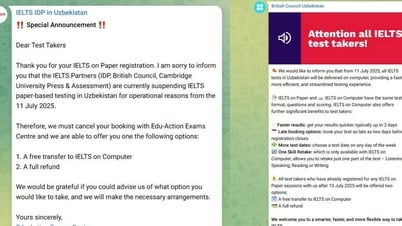















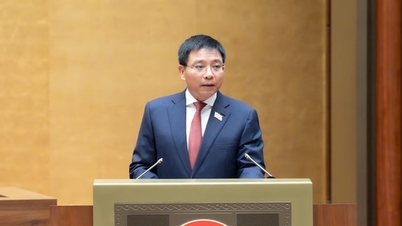
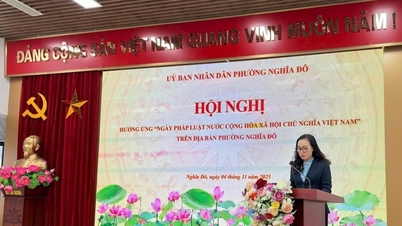

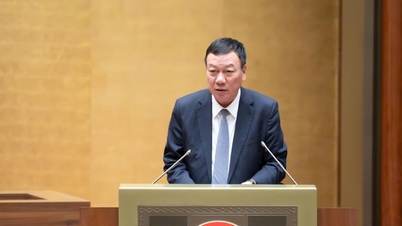

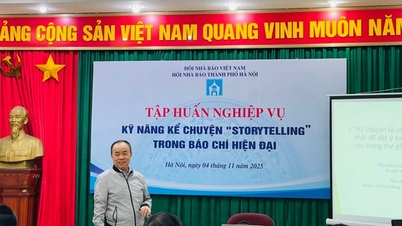
![[Photo] The road connecting Dong Nai with Ho Chi Minh City is still unfinished after 5 years of construction.](https://vphoto.vietnam.vn/thumb/1200x675/vietnam/resource/IMAGE/2025/11/04/1762241675985_ndo_br_dji-20251104104418-0635-d-resize-1295-jpg.webp)










































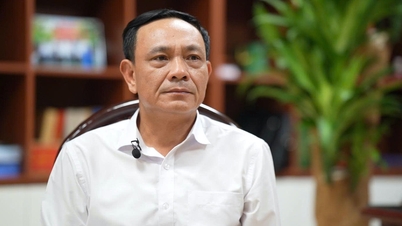











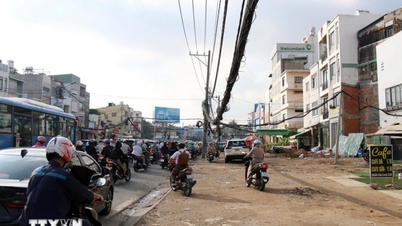














Comment (0)